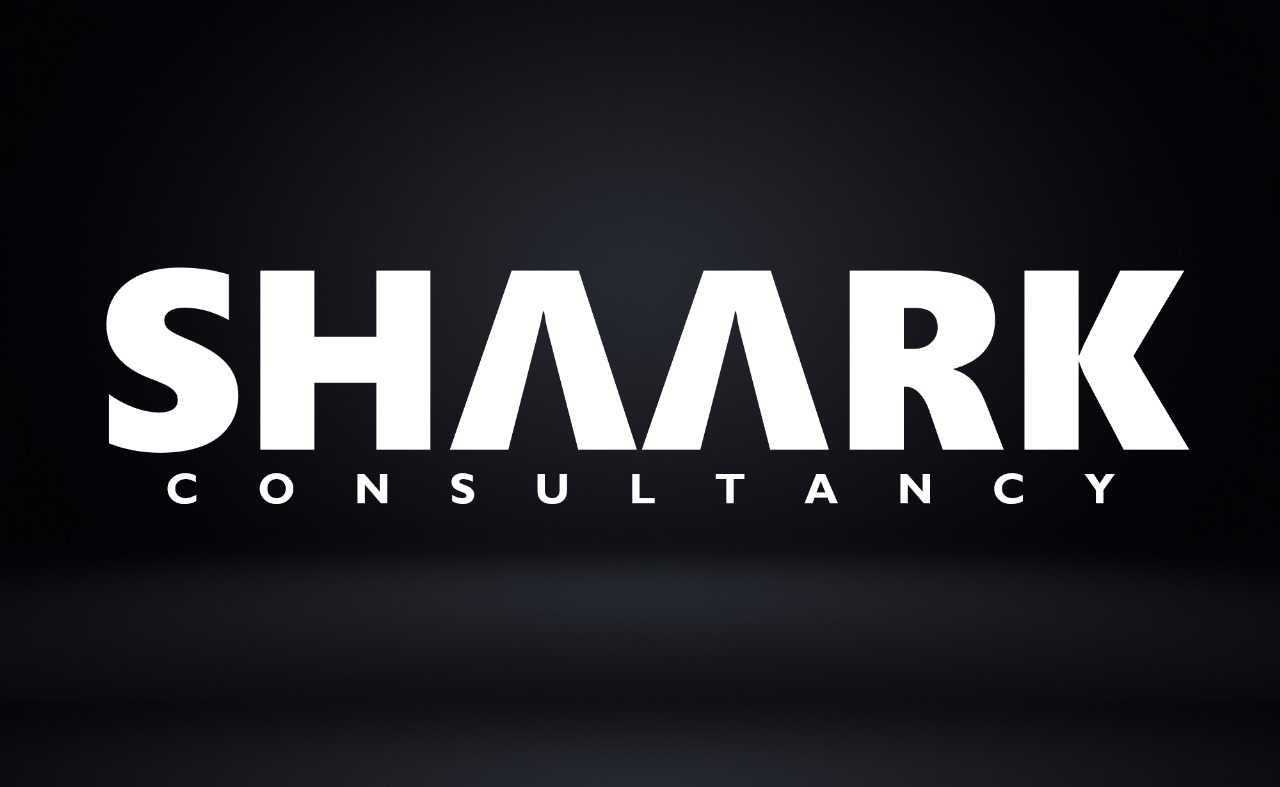WHAT IS ONE PERSON COMPANY(OPC)?
A One Person Company (OPC) is a business entity designed for sole entrepreneurs. Here are its key features:
- Single Entrepreneurship: Unlike traditional companies requiring multiple shareholders, an OPC allows a single individual to establish and manage the company.
- Limited Liability: An OPC provides limited liability protection to its sole owner. This means the owner’s personal assets are separate from the company’s liabilities, offering protection against business debts or legal obligations.
- Separate Legal Entity: An OPC is recognized as a distinct legal entity apart from its owner. It can engage in contracts, own assets, and incur liabilities in its own name, enhancing credibility and legal status.
- Nominee Director: While the owner oversees day-to-day operations, an OPC must appoint a nominee director to ensure business continuity in case the owner becomes incapacitated or passes away.
- Minimal Compliance Requirements: OPCs typically have fewer compliance obligations compared to other company types, simplifying management. However, they still need to fulfill regulatory requirements such as filing annual returns and maintaining proper accounting records.
- Conversion Flexibility: As the business expands, an OPC can be converted into a private limited company by adding more shareholders and directors. This provides greater operational flexibility and access to capital.
Overall, an OPC offers solo entrepreneurs the benefits of limited liability and legal recognition, making it an appealing option for starting and growing businesses independently.
BENEFITS OF ONE PERSON COMPANY
The benefits of forming a One Person Company (OPC) include:
- Limited Liability: OPCs offer sole proprietors limited liability protection, safeguarding personal assets from business liabilities.
- Sole Entrepreneurship: OPCs enable single individuals to establish and manage a company without requiring additional partners or shareholders, granting full control over business operations.
- Separate Legal Entity: Recognized as distinct legal entities, OPCs can enter contracts, own assets, and engage in legal proceedings independently from their owners.
- Nominee Directorship: While the owner oversees day-to-day operations, appointing a nominee director ensures business continuity in the owner’s absence.
- Minimal Compliance Requirements: OPCs typically face fewer compliance obligations compared to other company types, simplifying administrative tasks and allowing owners to focus on core activities.
- Tax Advantages: OPCs may benefit from tax deductions and exemptions available to small businesses, contributing to potential tax savings for the owner.
- Conversion Flexibility: As the business expands, OPCs can be converted into private limited companies by adding shareholders and directors, facilitating growth and access to external funding.
- Professional Image: Operating as an OPC can enhance the owner’s professional image, signaling reliability and commitment to legal compliance, which can attract clients and business partners.
In essence, forming an OPC provides sole entrepreneurs with limited liability protection, operational control, and simplified compliance, making it an appealing option for establishing and managing a business independently.
PROCEDURE FOR INCORPORATING ONE PERSON COMPANY
- Name Selection: Choose an exclusive name for the OPC, ensuring compliance with local regulations and availability for registration. If necessary, reserve the name.
- Registered Office Address: Determine a physical address within the jurisdiction for the OPC’s registered office, utilized for official communication.
- Director Identification Number (DIN): Obtain a DIN for the sole owner, a prerequisite for directorship in a company.
- Digital Signature Certificate (DSC): Obtain a DSC for the sole owner, obligatory for filing incorporation documents online.
- Document Preparation: Prepare the MOA and AOA, delineating the OPC’s objectives and operational guidelines.
- Nominee Director Appointment: Nominate a director who will step in if the sole owner is unable to manage the OPC.
- Document Submission: Submit the incorporation documents and fees to the Registrar of Companies (ROC) or pertinent authority.
- Certificate Issuance: Upon approval, the ROC issues a Certificate of Incorporation, affirming the OPC’s legal status.
- PAN and TAN Application: Apply for PAN and TAN for tax compliance purposes.
- Bank Account Opening: Initiate the opening of a bank account for the OPC, using the Certificate of Incorporation and requisite documents.
- Compliance Requirements: Ensure adherence to ongoing regulatory mandates, encompassing annual filings, record maintenance, and tax obligations.
It’s crucial to engage legal and financial professionals familiar with OPC incorporation processes to ensure conformity with local statutes and norms.
WHY US?
Choosing SHAARK Consultancy for OPC incorporation provides several advantages:
- Expertise and Experience: SHAARK Consultancy has a team of professionals experienced in OPC incorporation, ensuring a smooth and compliant process.
- Customized Solutions: They offer personalized solutions tailored to your needs, whether you’re a new entrepreneur or an experienced business owner.
- Efficiency and Speed: With streamlined processes, SHAARK Consultancy can expedite OPC registration, saving you time.
- Comprehensive Services: Beyond incorporation, they provide additional services like tax planning and ongoing business support.
- Reputation and Reliability: SHAARK Consultancy has a strong reputation for client satisfaction and success.
- Cost-Effectiveness: Despite the cost, their services provide long-term value through efficient registration and ongoing support.
- Guidance and Support: They offer continuous support, assisting with compliance and regulatory changes as your business grows.
Overall, SHAARK Consultancy offers expertise, efficiency, and ongoing support, making them an ideal choice for OPC incorporation.


